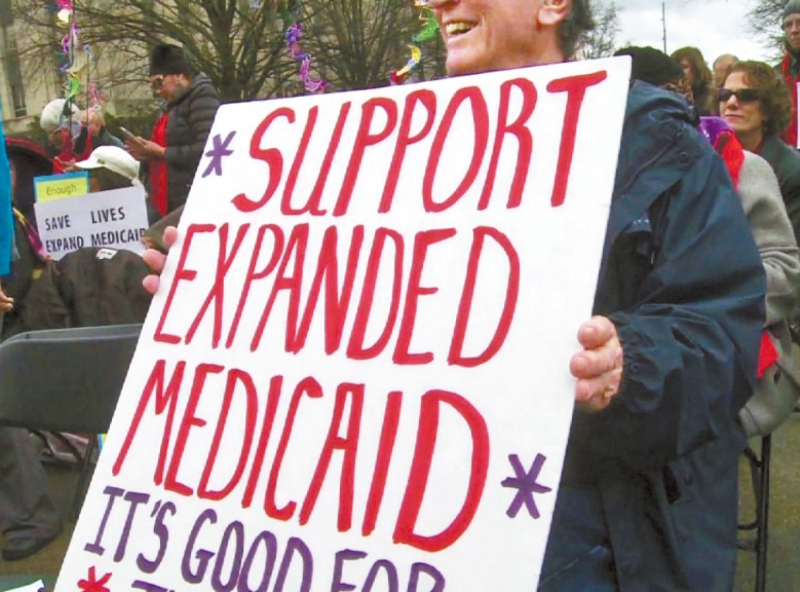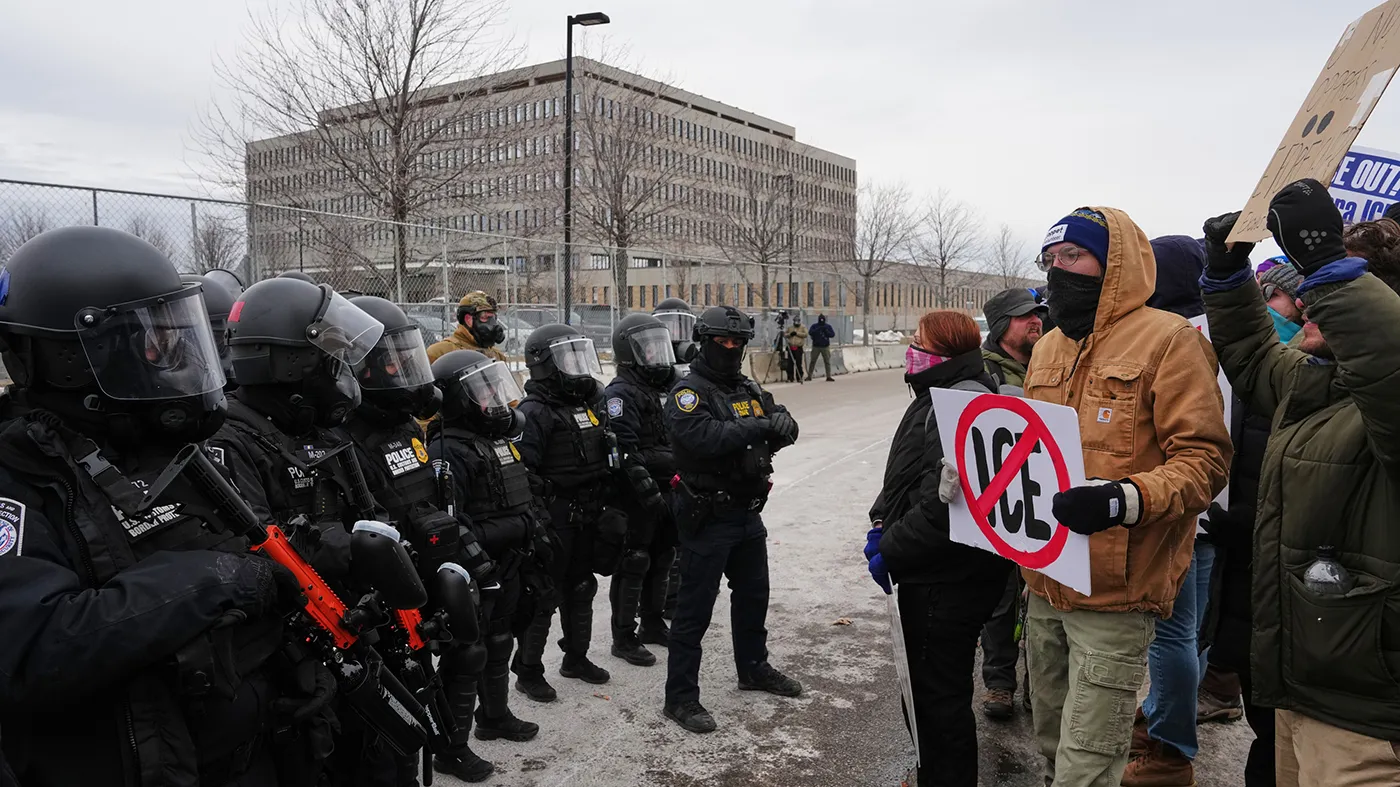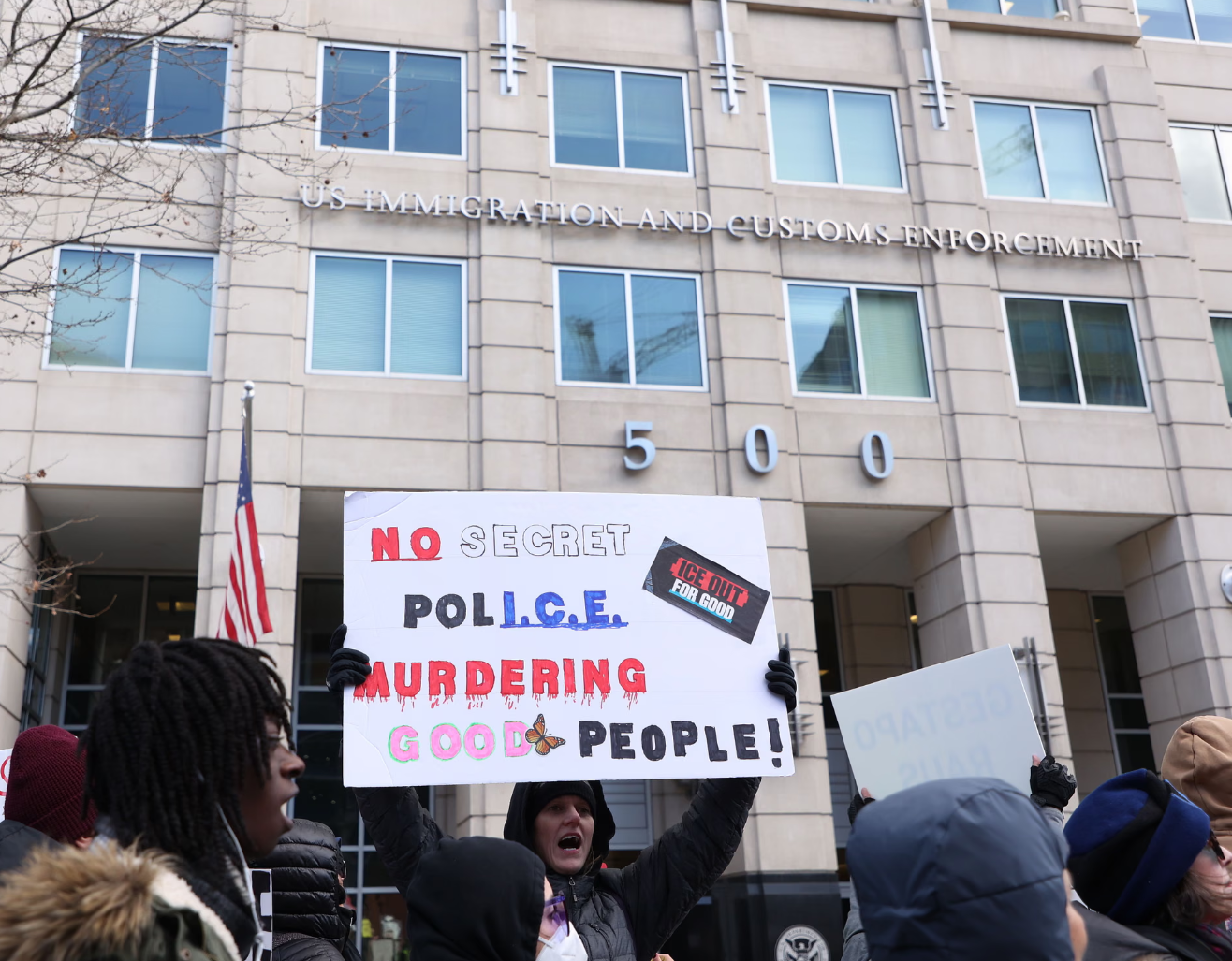Millions of Americans gained Medicaid coverage during the pandemic. Starting next year, millions are likely to lose it.
The mammoth spending bill passed by Congress would allow states to kick some people off Medicaid starting in April. Millions would become uninsured, according to estimates from the administration and several health care nonprofits.
The Kaiser Family Foundation estimates that 15 million to 18 million people will lose Medicaid coverage — or about 1 in 5 people currently in the program.
“The reality is that millions of people are going to lose Medicaid coverage,” said Jennifer Tolbert, the foundation’s associate director of the program on Medicaid and the uninsured.
Since the coronavirus first struck in 2020, enrollment in Medicaid — the health insurance program for low-income people — has swelled by 20 million, to nearly 84 million people, according to KFF. That’s by design: When the administration first declared the public health emergency (PHE), it also barred states from kicking people off Medicaid.
In a normal year, many people enroll in Medicaid and many others leave as their income or circumstances change. States run routine checks on Medicaid members to make sure they’re still eligible for the program, and throw out anyone who isn’t. The public health emergency halted that process.
“There are lots of reasons people move on and off Medicaid, but what the PHE has done is, for the last few years, no one has moved off Medicaid,” Tolbert said.
The spending bill would allow states to start kicking people off starting April 1. The federal government will also wind down extra funds given to states for the added enrolees over the next year under the proposal.
Before states remove Medicaid members, they are required to check patients’ eligibility and notify people if they’re losing coverage.
“What the state is required to do is use available electronic data sources to assess whether the person is still eligible for Medicaid. They will check things lke residency, do they still live in the state, what their current income and family situation is, and. based on that, do they still meet the eligibility requirements,” Tolbert said.
However, she added, it’s not unusual for people who are eligible for Medicaid to nonetheless get dropped from the program because of language barriers or administrative oversight. “Maybe at their annual renewal they missed a notice to provide documentation, or they didn’t know how to provide documentation,” she said.
Advocates have also raised concerns about how states will notify enrolees if they are being kicked off the program and what their options are. The effort will be particularly challenging for some of the country’s poorest people, who may not have a stable home address or access to internet or phone services to check their status.




